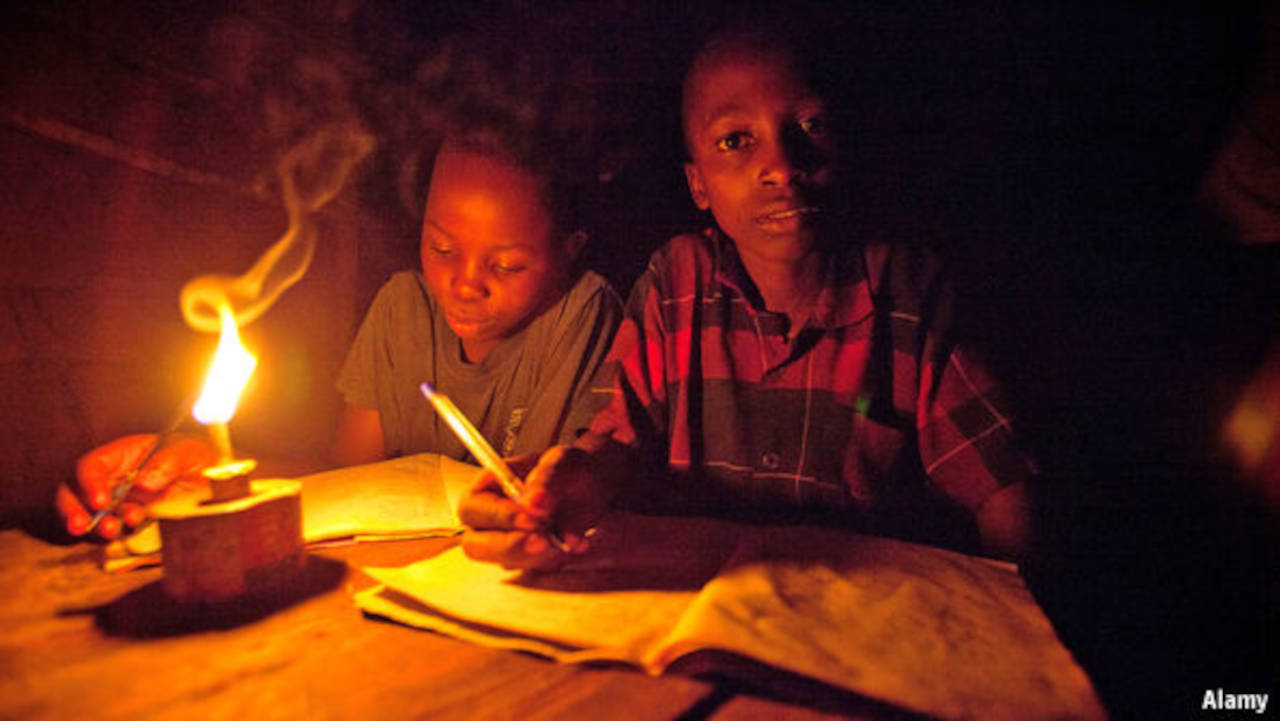Off grid living and survival represent a growing movement, attracting individuals seeking self-sufficiency and a deeper connection with nature. This pursuit, however, requires careful planning, resourcefulness, and a comprehensive understanding of essential skills. From minimalist lifestyles to homesteading and nomadic adventures, the spectrum of off-grid existence is vast, each path presenting unique challenges and rewards. This exploration delves into the core principles, practical considerations, and potential pitfalls of embracing a life beyond the grid.
The transition to off-grid living necessitates a fundamental shift in perspective, demanding a reassessment of resource management, shelter construction, and self-reliance. This article examines the various facets of off-grid existence, from securing sustainable energy sources and establishing reliable water systems to mastering essential survival skills and navigating the legal and economic implications of this lifestyle choice. The goal is to provide a clear and comprehensive overview for those considering this significant life change.
Off-Grid Living and Survival: A Comprehensive Guide

Source: co.uk
The allure of self-sufficiency and a life disconnected from the traditional grid is increasingly attracting individuals seeking a simpler, more sustainable existence. Off-grid living, however, is far more than a romanticized ideal; it requires careful planning, resourcefulness, and a deep understanding of essential survival skills. This guide provides a detailed overview of the key aspects of off-grid living, from defining its core principles to navigating the legal and economic considerations.
Defining Off-Grid Living
Off-grid living fundamentally involves minimizing or eliminating reliance on public utilities and services such as electricity, water, and sewage systems. This lifestyle prioritizes self-sufficiency and resource management, often emphasizing sustainable practices. Several distinct approaches exist, each with its own unique characteristics.
Minimalist off-grid living focuses on reducing consumption and simplifying needs. Homesteading emphasizes self-sufficiency through food production, animal husbandry, and resource management on a piece of land. Nomadic off-grid living involves travel and relocation, often utilizing alternative transportation and relying on readily available resources.
A key distinction exists between off-grid living and survivalism. While both involve self-reliance, survivalism typically focuses on preparing for and surviving catastrophic events, often involving stockpiling supplies and adopting a more defensive posture. Off-grid living, conversely, aims for a sustainable and self-sufficient lifestyle, not necessarily in preparation for a collapse of society.
| Energy Source | Pros | Cons | Suitability |
|---|---|---|---|
| Solar | Renewable, readily available in sunny areas, relatively low maintenance. | Intermittent power, initial investment cost, space requirements. | Ideal for sunny locations with sufficient space for panels. |
| Wind | Renewable, suitable for windy areas. | Intermittent power, noise pollution, visual impact, requires significant wind. | Best suited for consistently windy areas. |
| Hydro | Renewable, reliable power source, minimal environmental impact (if properly managed). | Requires sufficient water flow, potential environmental concerns if poorly planned, high initial investment. | Suitable for areas with consistent water flow, may require permits and regulations. |
Essential Resources and Systems, Off grid living and survival
Securing reliable access to clean water and establishing a functional sanitation system are paramount in off-grid living. Water procurement methods might include rainwater harvesting, well drilling, or collecting from natural sources, followed by purification through boiling, filtration, or chemical treatment. A basic off-grid sanitation system could involve composting toilets, greywater recycling systems, and proper waste disposal techniques.
The growing interest in off-grid living reflects a desire for self-sufficiency and resilience in the face of potential societal disruptions. For those seeking to master survival skills, understanding the intricacies of resource management is paramount. A deeper dive into the practical aspects can be found on this informative site about off grid living , which provides valuable insights for anyone considering this lifestyle choice.
Ultimately, successful off-grid living hinges on preparedness and resourcefulness, key components of survival expertise.
Food production is crucial. Gardening, hunting, foraging, and animal husbandry provide diverse options. Preservation techniques such as canning, drying, fermenting, and freezing ensure year-round food security. Shelter options range from yurts and cabins to earthships and tiny homes, each with its own construction methods and considerations.
Survival Skills and Knowledge

Source: acecdn.net
Proficiency in first-aid and wilderness medicine is vital. Common threats include wildlife encounters (requiring awareness and appropriate safety measures), weather events (necessitating preparedness and shelter strategies), and accidents (demanding prompt response and injury management). Fire-starting methods vary, including friction-based techniques, flint and steel, and magnifying glasses.
Navigation using natural landmarks, maps, and compasses is essential for orientation and travel in remote areas.
Technological Considerations
Technology plays a supporting role, not a dominant one. Communication systems range from satellite phones to shortwave radios. Essential tools and equipment include hand tools, power tools (if powered by renewable energy), water filtration systems, first-aid kits, and navigation tools.
- Power Generation: Solar panels, wind turbines, generators.
- Water Management: Rainwater harvesting systems, water filters, pumps.
- Food Production: Gardening tools, seed saving equipment, canning supplies.
- Shelter Maintenance: Hand tools, building materials.
- Safety & First Aid: First-aid kit, emergency communication devices.
A typical solar panel system would involve solar panels mounted on a south-facing roof or stand, connected to a charge controller regulating power flow to batteries. An inverter converts DC power from the batteries to AC power for household appliances. A monitoring system tracks energy production and consumption.
Legal and Regulatory Aspects
Off-grid living presents legal and regulatory challenges. Land ownership and permitting are crucial, varying significantly by location and jurisdiction. Environmental regulations regarding water usage, waste disposal, and land alteration must be adhered to. Insurance for off-grid properties often requires specialized policies.
Economic and Social Factors
The economic implications are significant. Initial setup costs can be substantial, though ongoing living expenses might be lower. Social aspects include potential isolation, although off-grid communities offer a sense of belonging. Costs of living on and off the grid vary widely depending on location, lifestyle, and resourcefulness.
| Cost Category | On-Grid | Off-Grid (Estimate) | Notes |
|---|---|---|---|
| Housing | Variable, high in urban areas | Variable, dependent on self-construction or purchase of existing structure | Initial investment significant for off-grid |
| Utilities | Significant monthly expense | Lower, but dependent on energy production and water sourcing methods | Potential for higher initial investment in renewable energy systems |
| Food | Variable, influenced by dietary choices | Potentially lower, depending on self-sufficiency levels | Requires time and effort for food production and preservation |
The impact on personal well-being is multifaceted. While some experience increased stress due to challenges, many report improved mental health linked to a greater sense of connection with nature and a simpler lifestyle.
Ending Remarks: Off Grid Living And Survival
Embarking on the journey of off-grid living and survival demands meticulous preparation and a commitment to continuous learning. While the allure of self-sufficiency and connection with nature is undeniable, the realities of this lifestyle require careful consideration of practical, legal, and personal factors. Ultimately, the success of off-grid living hinges on a balanced approach that integrates preparedness, resourcefulness, and a realistic understanding of the challenges and rewards inherent in this unique path.
This exploration serves as a starting point, encouraging further research and individual adaptation to the specific circumstances of each off-grid endeavor.
